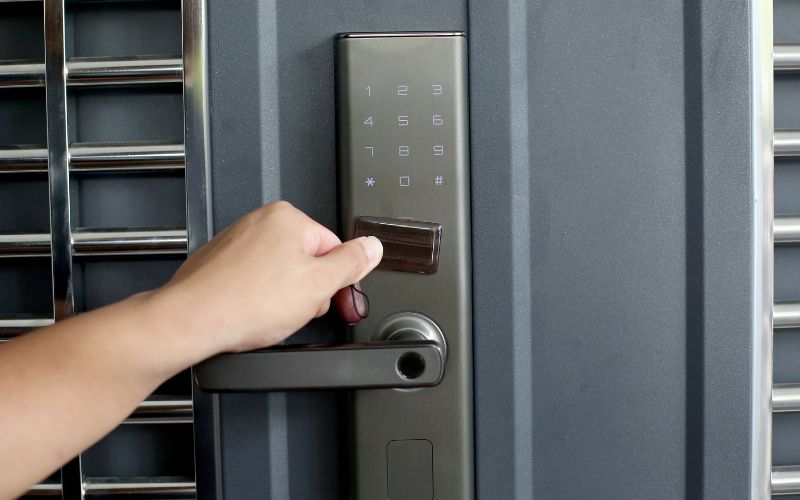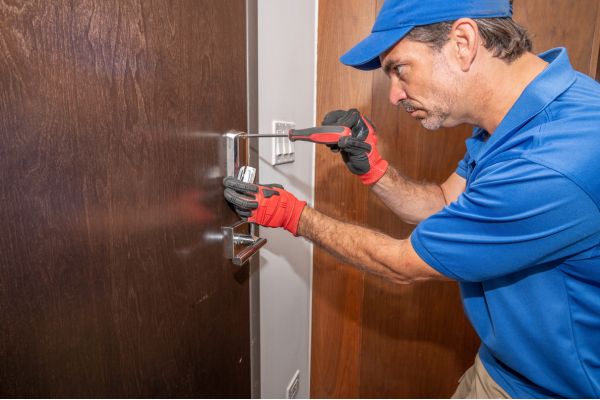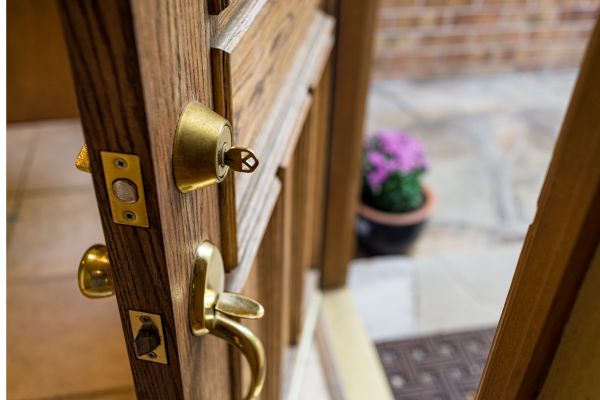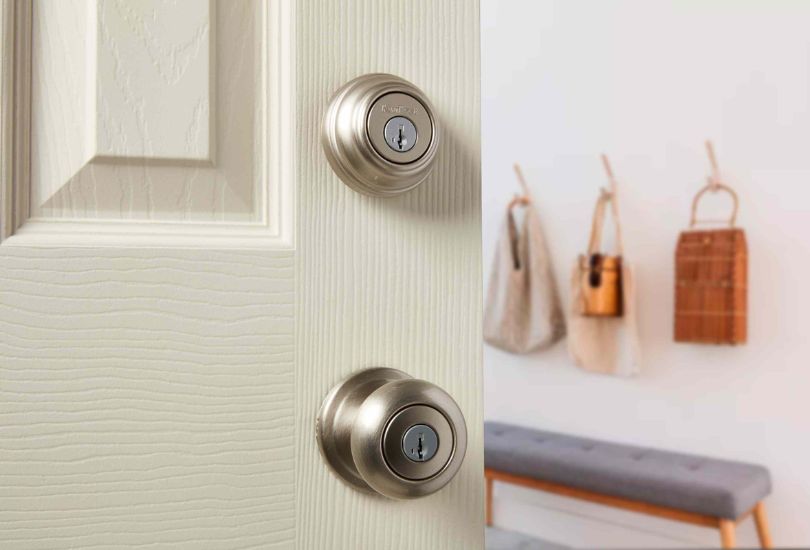Securing your home is of utmost importance, and one crucial aspect of home security is choosing the right locks. With the evolving landscape of lock technology, it can be overwhelming to navigate through the various options available. That’s where the expertise of a locksmith in Pollards Hill comes in. In this article, we’ll explore the importance of selecting the right locks for your home and provide expert advice on making the best choice.
Smart lock technology and its benefits
Smart lock technology has revolutionized the way we secure our homes. With advancements in connectivity and automation, smart locks offer a range of benefits that enhance both convenience and security. Here is an overview of smart lock technology and its key advantages:
Keyless Entry:
One of the standout features of smart locks is keyless entry. Instead of relying on traditional keys, smart locks use alternative methods such as keypad entry, fingerprint recognition, or smartphone connectivity to grant access. This eliminates the need for physical keys, preventing the risk of lost or stolen keys.
Remote Access and Control:
Smart locks can be controlled remotely through smartphone apps or connected home systems. This means you can lock or unlock your doors from anywhere, granting access to trusted individuals even if you’re not at home. Remote access is especially useful for granting temporary access to guests, contractors, or service providers.
Monitoring and Alerts:
Smart locks often come with built-in sensors that can detect and send alerts for activities such as door openings, unauthorized access attempts, or tampering. You can receive real-time notifications on your smartphone, allowing you to monitor and stay updated on the status of your doors.
Integration with Smart Home Devices:
Smart locks can seamlessly integrate with other smart home devices, creating a comprehensive security system. They can be linked to security cameras, video doorbells, and home alarm systems, providing a synchronized approach to home security. For example, when your smart lock is engaged, it can automatically arm the security system and activate video surveillance.
User Management and Access Control:
Smart locks offer advanced user management features. You can create multiple user profiles with unique access codes or fingerprints, allowing you to assign and control access for different individuals. This feature is beneficial for families, rental properties, or businesses where multiple people require access.
Activity Logs:
Many smart locks maintain a log of door activity, recording details such as the time and date of door lock/unlock events. This log can be accessed through the accompanying app, providing a useful record of who accessed your home and when.
Increased Security Features:
Smart locks often employ robust encryption and authentication protocols to ensure the highest level of security. They are designed to resist tampering, picking, or other forced entry methods. Some models even offer additional security features, such as auto-locking after a specified period of time or a built-in alarm to deter intruders.
Types of Smart Locks
When it comes to smart locks, there are several different types available on the market. Each type offers unique features and functionalities to suit different needs. Here is an overview of three common types of smart locks:
1. Wi-Fi-enabled Smart Locks
Wi-Fi-enabled smart locks connect to your home’s Wi-Fi network, allowing you to control and monitor the lock remotely through a smartphone app. These locks offer the highest level of convenience as they can be accessed and managed from anywhere with an internet connection. You can lock or unlock the door, receive real-time notifications, and even integrate the lock with other smart home devices. However, it’s important to note that Wi-Fi-enabled locks may consume more power and require a stable internet connection.
2. Bluetooth-enabled Smart Locks
Bluetooth-enabled smart locks use Bluetooth technology to communicate with your smartphone. These locks offer proximity-based unlocking, meaning they will automatically unlock when your smartphone is within a certain range. Bluetooth locks provide a convenient hands-free experience, as you don’t need to manually unlock the door or use a physical key. However, keep in mind that the range of Bluetooth connectivity is limited, typically up to 30 feet, so you need to be in close proximity to the lock for it to work.
3. Keypad-based Smart Locks
Keypad-based smart locks provide a keyless entry option by utilizing a numeric keypad. Users can enter a unique PIN code to unlock the door without the need for a physical key or smartphone. Keypad locks are particularly useful for granting access to family members, guests, or service providers who may not have a smartphone or need temporary access. They offer convenience and flexibility without the worry of lost keys. Some keypad locks also have additional security features, such as anti-tampering mechanisms or temporary PIN codes.
FAQ
Are smart locks secure?
Yes, smart locks are designed with advanced security features to protect your home. They use encryption protocols and authentication methods to ensure the safety of your access credentials. However, it’s important to choose reputable brands and follow best practices, such as using strong PIN codes or passwords and regularly updating firmware, to enhance the security of your smart lock.
Can smart locks be hacked?
While no system is completely immune to hacking, smart locks are generally secure and difficult to hack. Manufacturers continually update their security protocols to stay ahead of potential vulnerabilities. By following recommended security practices and keeping your smart lock’s firmware up to date, you can significantly minimize the risk of unauthorized access.
What happens if the power goes out?
Most smart locks have backup options in case of power outages. Some locks have built-in batteries that can power the lock temporarily, while others offer physical key overrides for manual unlocking. It’s important to check the specifications of your chosen smart lock to understand its backup features.
Can I still use a physical key with a smart lock?
Many smart locks allow for dual functionality, meaning you can still use a physical key as a backup or if you prefer traditional access. Some smart locks even offer the option to rekey the lock to match your existing physical key.
Conclusion:
Smart locks offer a convenient and secure way to enhance the access control of your home. With various types of smart locks available, such as Wi-Fi-enabled, Bluetooth-enabled, and keypad-based locks, you have options to choose the one that best suits your needs. Smart locks provide features like remote access control, keyless entry, and integration with smart home systems. While considering a smart lock, it’s important to prioritize security, reliability, and compatibility with your existing infrastructure. By selecting a reputable brand, following security best practices, and understanding the capabilities of your chosen smart lock, you can enjoy the convenience and peace of mind that smart locks provide. Contact us: 03301131652












